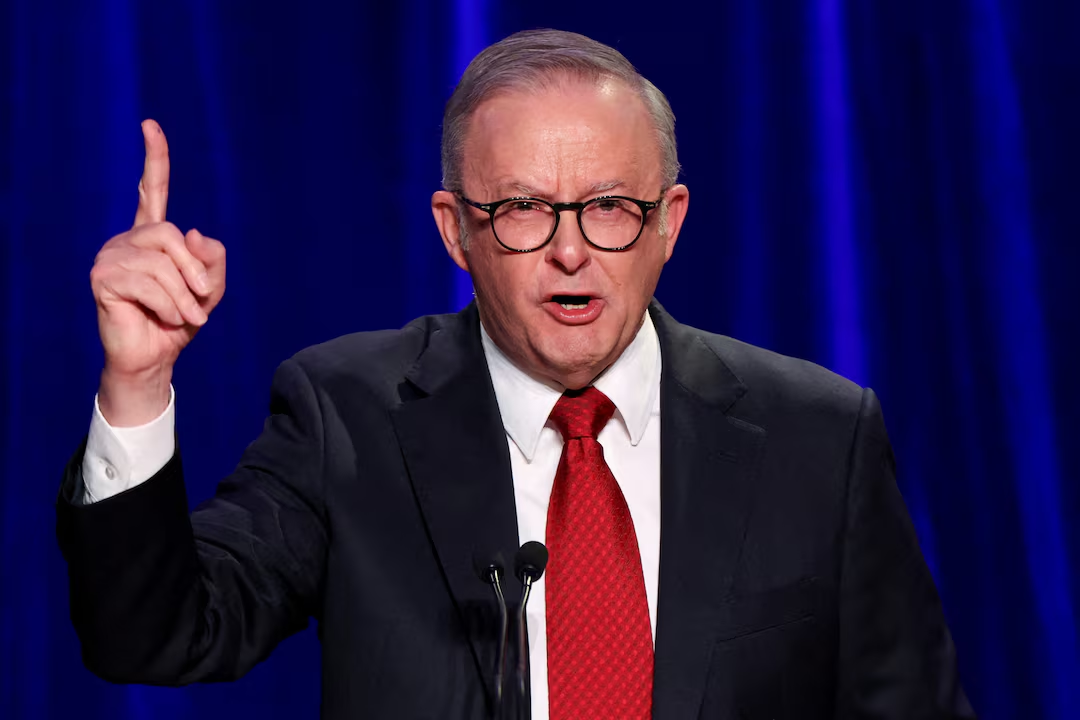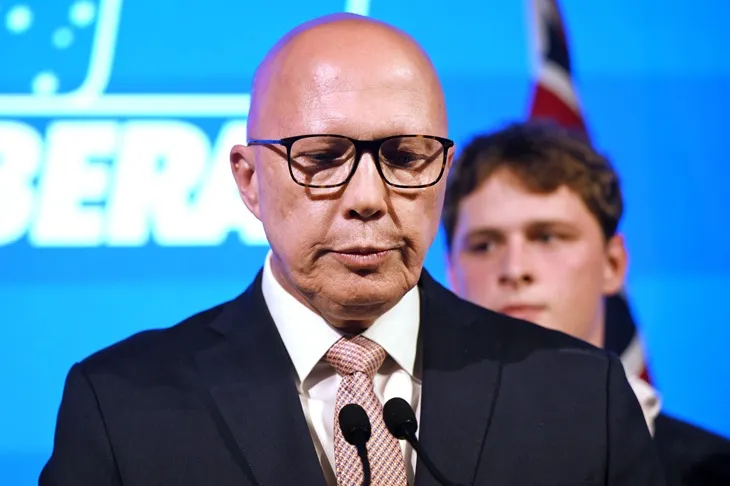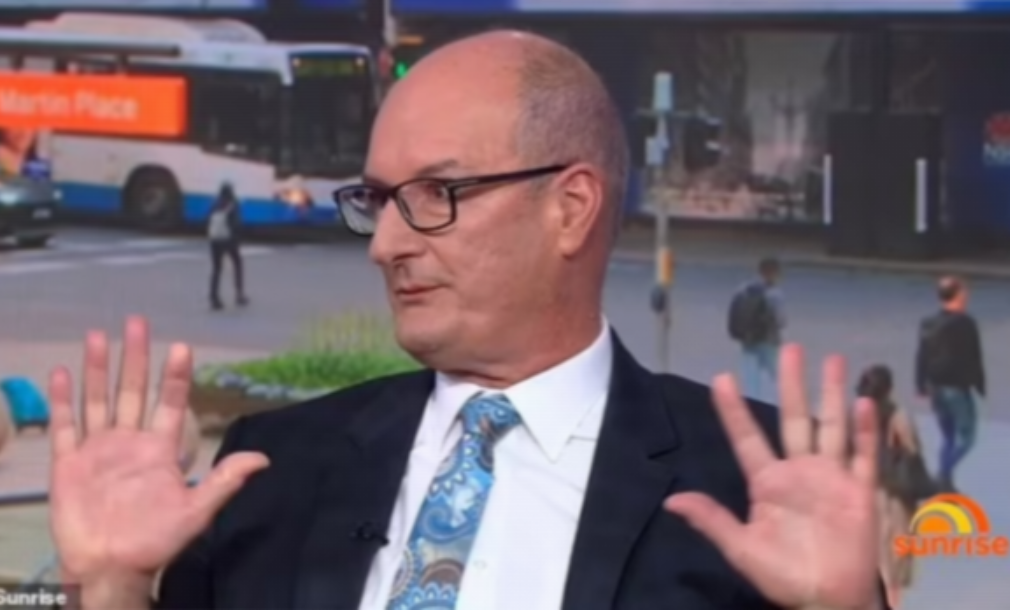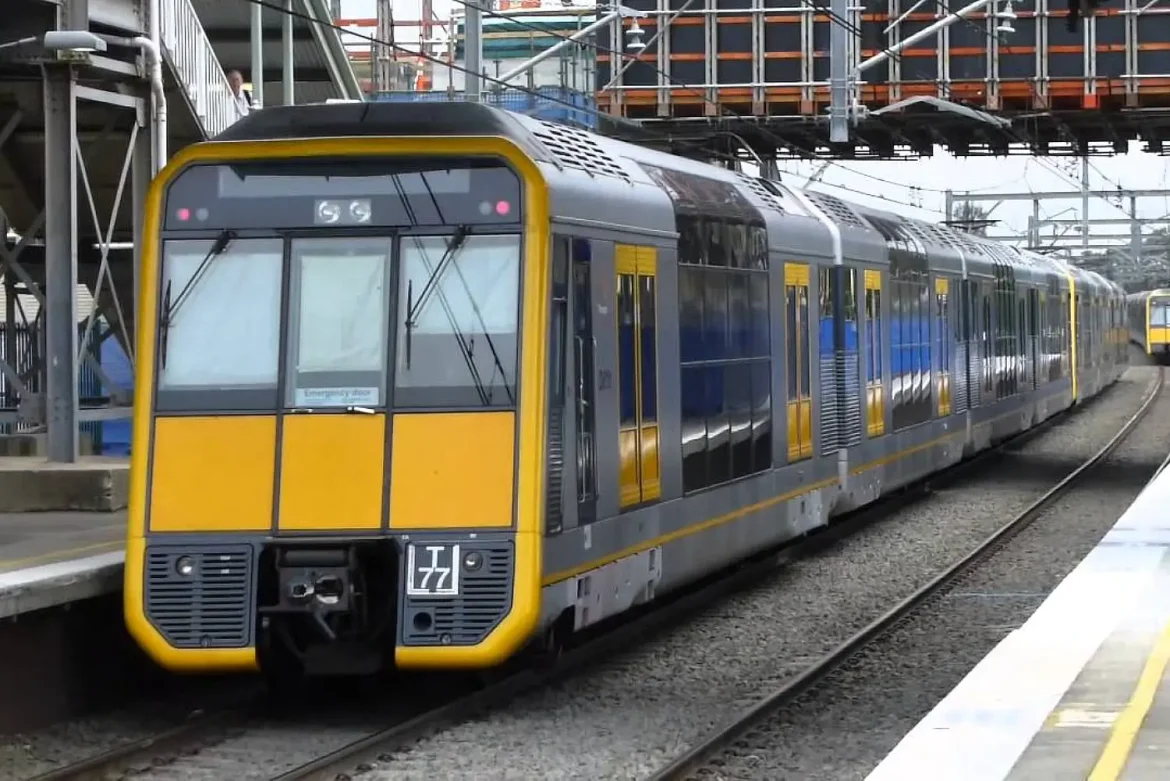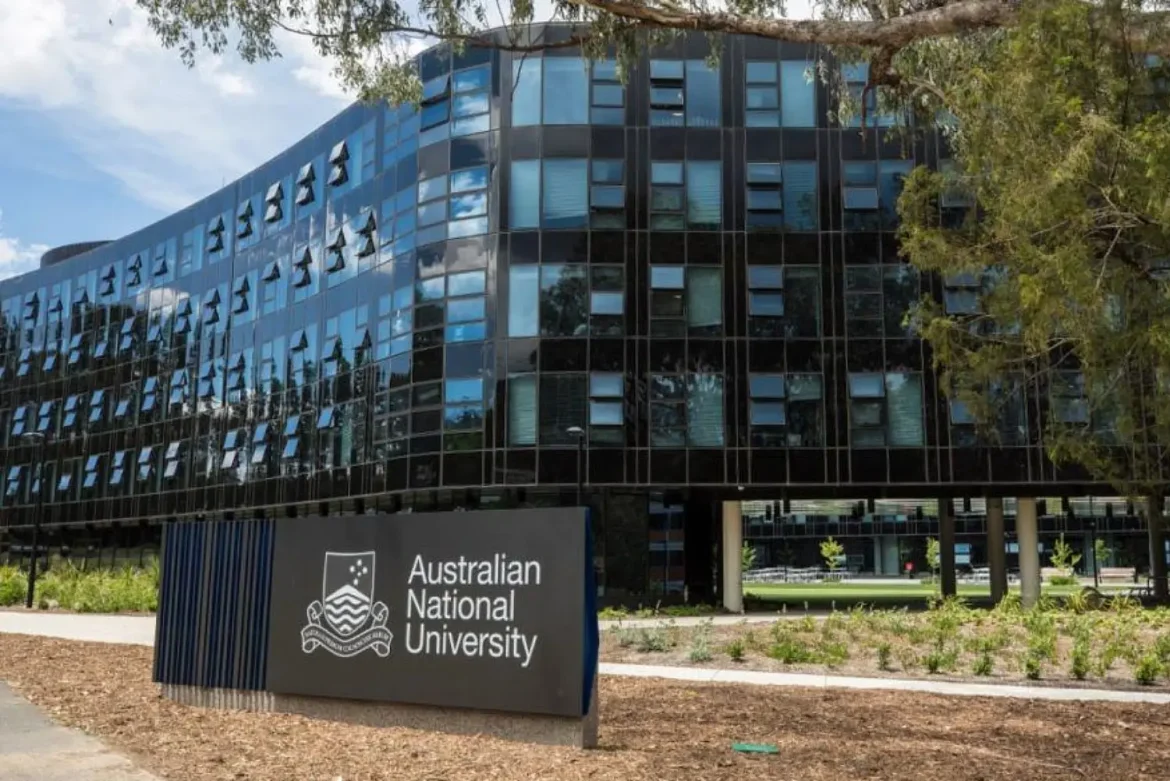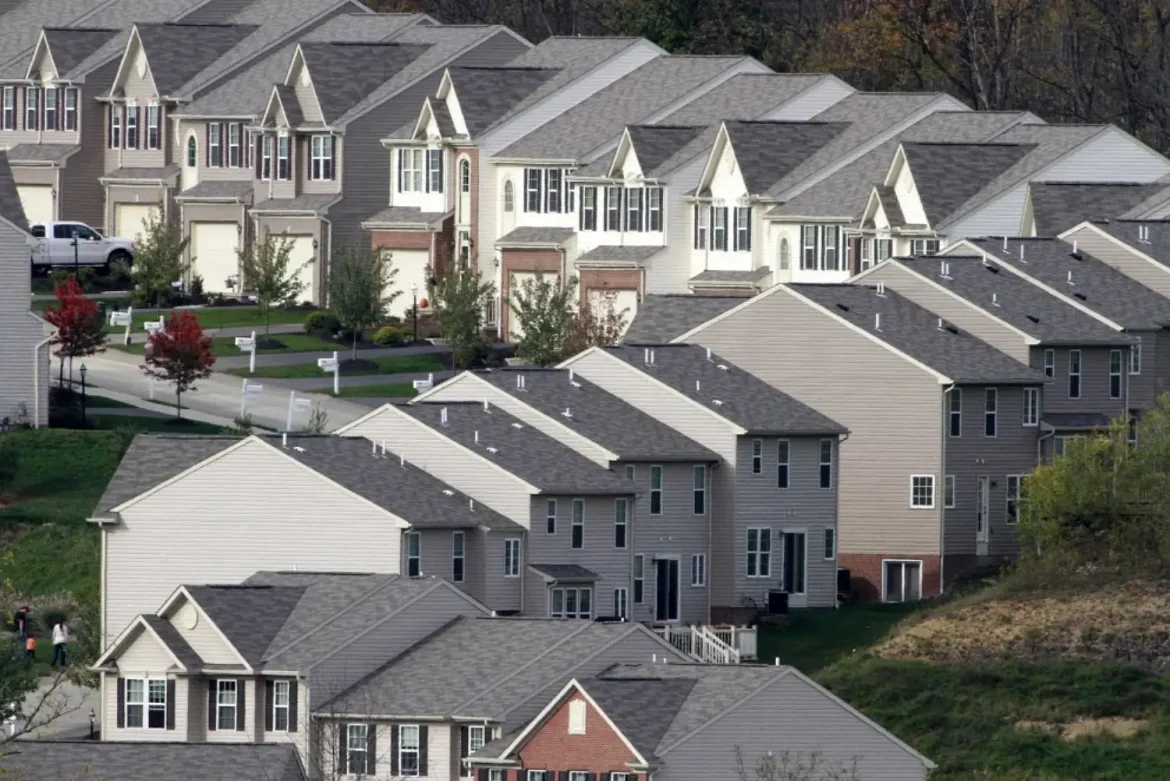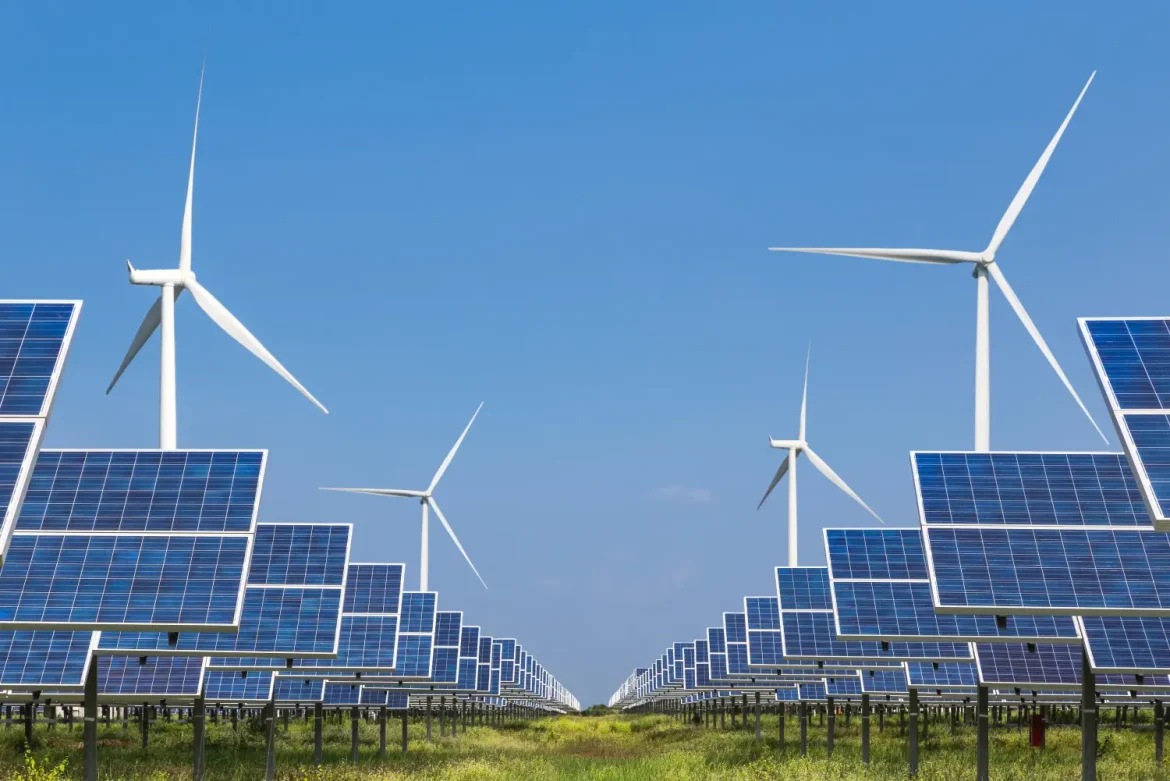Anthony Albanese has downplayed worries property prices will soar as the 5 per cent deposit scheme for first-home buyers kicks in.
Labor followed through with its election promise to expand the Home Guarantee Scheme earlier this year, dropping required deposits from 20 per cent.
It also fast-tracked the changes so they began on October 1 instead of January 1, 2026.
While the government has spruiked it as a major win for young Australians struggling to get a foothold in a supply-starved market, others have warned the move will push prices even higher and saddle Australians with mountainous 95 per cent mortgages.
The Prime Minister on Wednesday said the change “will have a minimal impact” on property prices.
“There will be a slight increase in prices, but already 185,000 Australians have benefited from this scheme with minimal impact on prices,” Mr Albanese told reporters in Sydney.
“Treasury did modelling – they suggest a very small increase, but what it will do is to allow more young people to get into home ownership.
“And this is just one of the measures.
“We are dealing with supply, we have that incentive for state and territory governments as well, a $3bn incentive for them to deliver more homes so that we reach our target of 1.2m homes.”
RBA governor Michele Bullock on Tuesday warned Australia’s supply problems would not see any meaningful progress for at least two years.
“I’ve said a number of times before the problem in the housing market is a structural deficit of supply,” she told reporters.
“That is the problem, and governments now get that, and you are seeing some action on that, but it’s going to be slow to work its way through.”
Pressed further, Ms Bullock said: “I’m not confident it’s going to make any impact in the next two years.”
But Mr Albanese rejected that read in his remarks on Wednesday.
He said Ms Bullock was saying “it takes time to build a home” and urged media to consider the “full suite” of policies.
“On our watch … more than 500,000 additional dwellings have been built.
“We’re seeing an increase in construction, 3 per cent year on year.
“And that will ramp up with measures such as the one that we saw right here in (Sydney’s) Inner West just last night – 30,000 homes.”
But building approvals have only continued to slump, according to the latest official figures.
Australian Bureau of Statistics (ABS) data released on Tuesday showed total dwelling approvals tumbled a further 6 per cent in August following a 10 per cent collapse in July.
Speaking alongside Mr Albanese, Housing Minister Clare O’Neil insisted Labor “absolutely understands” that boosting supply was key to solving the housing affordability crisis.
Though, she also said younger Australians needed to get onto the property ladder now.
“We need to build homes, more homes, more quickly, and that’s exactly what our government’s doing,” she said.
“A $43bn agenda, the majority of which is going towards building more homes.
“But the Prime Minister and I are not going to look a generation of young people in the eye and tell them that we’re not going to do anything to help them until these supply challenges are resolved.
“They are facing a fundamental injustice here – a very different housing market than their parents and grandparents faced.
“And our government is stepping out and giving them a hand to get a better opportunity in the housing market.”

